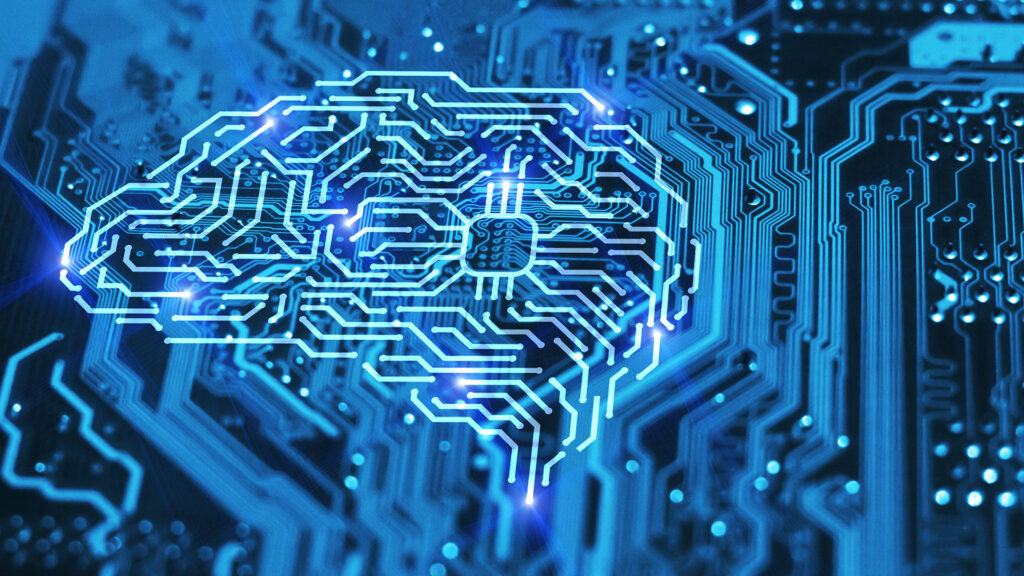Artificial Intelligence (AI) technologies are transforming our daily lives in ways that were once unimaginable. With advancements in machine learning, natural language processing, and computer vision, AI is slowly turning out to be an important aspect in our lives. From voice assistants to smart home devices to autonomous vehicles AI-powered technologies are starting to have a major impact on our surroundings. In this article, we will explore the top five AI technologies that are revolutionizing daily life and shaping the future of AI.
5 AI tools that have become an essential part of our lives
Voice Assistants
One of the most common AI technologies in everyday life is voice assistants like Siri, Alexa, and Google Assistant. These intelligent virtual helpers use natural language processing (NLP) algorithms to understand and respond to spoken commands. As a result, they make it easier to perform tasks like setting reminders, finding recipes, or even controlling smart home devices, all with just a few spoken words.
Voice assistants have come a long way since their inception. Today, they can do much more than just perform simple tasks. For example, they can tell jokes, play music, answer trivia questions, and even offer advice on personal matters. They can also interact with other smart devices, such as speakers, lights, and other peripherals, making some common daily affairs even more convenient than before.
Personalized Recommendations
AI-powered recommendation algorithms are responsible for the personalized content you see on platforms like Netflix, Spotify, and Amazon. By analyzing your viewing, listening, and shopping habits, along with data from other users with similar tastes, these algorithms can suggest movies, music, and products that are specifically curated to your interests. Not only does this save you time, it also helps you discover new content that you might not have come across in the first place.
These recommendation systems are constantly evolving and improving. They are getting better at understanding our preferences and suggesting content that we are more likely to enjoy. As a result, they have become a crucial tool for content providers to keep users engaged and satisfied.
Related: Boost Your Productivity: 5 Ways GPT-4 Can Revolutionize Your Work Life
Smart Home Devices
Smart home devices use AI technology based algorithms to learn from our habits and preferences, enabling them to optimize energy consumption, enhance security, and simplify daily tasks. As a result, AI-powered smart homes are becoming more comfortable, eco-friendly, and safe.
Smart home devices come in all shapes and sizes, from smart speakers and lights to security cameras and doorbells. They are designed to work in tandem with each other to create a connected living experience. For example, you can use your voice to control your lights, play music, and even lock your doors. You can also monitor your home remotely using your smartphone, giving you peace of mind while you’re away.
AI-enhanced Photography
Smartphone cameras have come a long way, thanks in part to AI technologies. Features like automatic scene recognition, portrait mode, and low-light enhancements are all powered by artificial intelligence. AI algorithms analyze elements in your photos, such as lighting, colors, and subjects, to optimize settings and ensure you capture the perfect shot every time. With AI-enhanced photography, anyone can take stunning images and make lasting memories.
AI-powered cameras are also getting better at recognizing people’s faces and emotions, allowing for more personalized and expressive photos. They can even remove unwanted objects and blemishes from your photos, making them look like they were taken by a professional photographer.
Autonomous Vehicles
Companies like Tesla and Waymo are developing autonomous vehicles that use AI to navigate and make decisions on the road. These self-driving cars are equipped with sensors and cameras that collect data about their surroundings. AI algorithms then process this data in real-time to control the vehicle’s acceleration, braking, and steering. While fully autonomous cars are still a few years away from becoming mainstream, AI-driven features like Tesla’s Autopilot are slowly becoming the new norm.
Related: A Beginner’s Guide to ChatGPT: Harnessing AI Power for the Less Tech Savvy
In conclusion, AI technologies are rapidly transforming our daily lives and have become an integral part of our routines. From virtual voice assistants and personalized recommendations to language models that can generate content with just a few basic prompts, these technologies are making our lives more convenient, enjoyable, and connected. As AI continues to advance, we can expect even more innovative and groundbreaking developments that will shape the future of AI and its impact on our daily lives.
By embracing these technologies and understanding their potential, we can harness the power of AI to improve our lives and the world around us. Although there is a downside to it, this is an exciting time to be alive and witness the transformative potential of AI in action.
At “The AI Dialogue,” we harness the power of artificial intelligence, specifically GPT-4, to generate our content. We’re also, however, committed to providing you with a high-quality, factual, and streamlined reading experience. To ensure this, our editorial team carefully reviews and refines each article before it’s published. By blending AI innovation with human expertise, we strive to deliver the best and most informative content on AI and its benefits to our valued readers.
